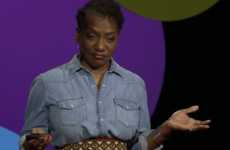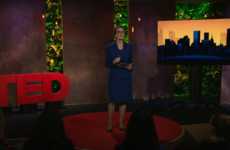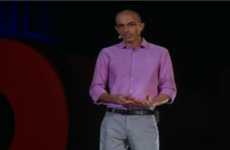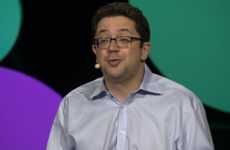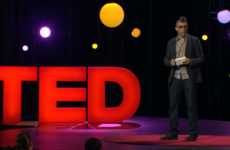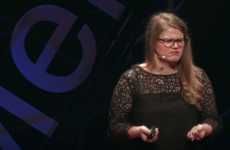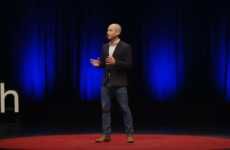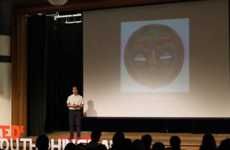
Need Inspiration?
Get inspired by 4,000+ keynote speaker videos & our founder, a top keynote speaker on innovation.
Keith Lowe's Talk on World War Ii is Rooted in a Modern Context
Kalin Ned — March 5, 2019 — Keynote Trends
Keith Lowe delivers a talk on World War II that gives reasons why we shouldn't bring it up as an argument in social contexts, especially in the sphere of politics, economics, and international relations.
The speaker is a historian of the Second World War and its aftermath. In his keynote, he carefully explores the motivators behind the event's contemporary popularity. A focus is set on how we perceive the war and what it is we think we are remembering. Lowe holds the belief that the Second World War has become "a little bit of a cartoon where everybody knows who the good guys were, and everybody knows who the bad guys were." However, to the speaker, it is much more than that. The reason why the historian holds this topic to be troublesome is that it is not a rational argument when it's brought to the public sphere but rather an emotional one. It is a vehicle for "fostering national pride or just trying to get people to feel good about themselves." Lowe supports his main thesis with many modern examples of national pride induced by the occurrence of the event — Britain's monuments, for example, or the fact that Americans refer to their wartime veterans as "the greatest generation that any society has ever produced."
During his talk on talk on World War II, Lowe reveals that it is this disproportionate pride that comes as a knee jerk reaction, while many innocent people from other countries who lost their lives are never mentioned. He cautions everyone to be careful when engaging with a politician or a journalist that mentions the Second World War in public address because the motives can be "relatively harmless" or they can be dangerously skewed. The only reason to mention it is not to solve modern-day problems but "to provoke an emotional response" with a myth.
The speaker is a historian of the Second World War and its aftermath. In his keynote, he carefully explores the motivators behind the event's contemporary popularity. A focus is set on how we perceive the war and what it is we think we are remembering. Lowe holds the belief that the Second World War has become "a little bit of a cartoon where everybody knows who the good guys were, and everybody knows who the bad guys were." However, to the speaker, it is much more than that. The reason why the historian holds this topic to be troublesome is that it is not a rational argument when it's brought to the public sphere but rather an emotional one. It is a vehicle for "fostering national pride or just trying to get people to feel good about themselves." Lowe supports his main thesis with many modern examples of national pride induced by the occurrence of the event — Britain's monuments, for example, or the fact that Americans refer to their wartime veterans as "the greatest generation that any society has ever produced."
During his talk on talk on World War II, Lowe reveals that it is this disproportionate pride that comes as a knee jerk reaction, while many innocent people from other countries who lost their lives are never mentioned. He cautions everyone to be careful when engaging with a politician or a journalist that mentions the Second World War in public address because the motives can be "relatively harmless" or they can be dangerously skewed. The only reason to mention it is not to solve modern-day problems but "to provoke an emotional response" with a myth.
1.8
Score
Popularity
Activity
Freshness


